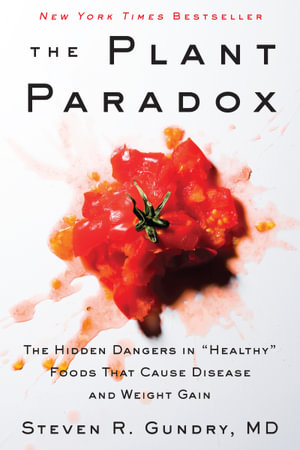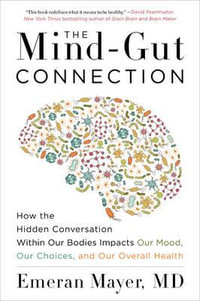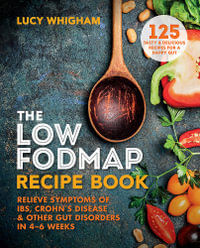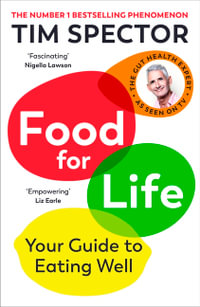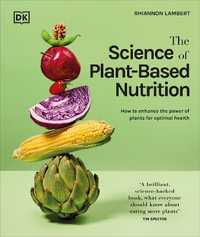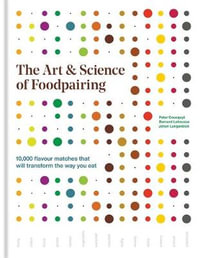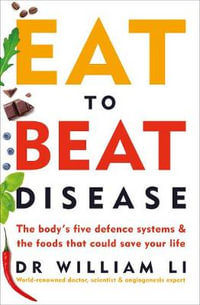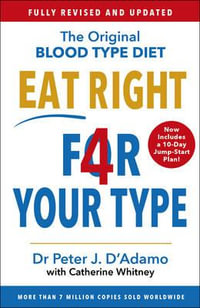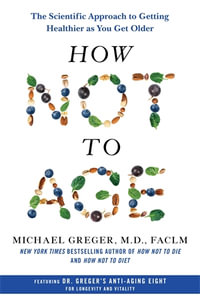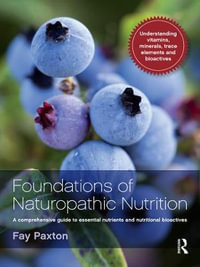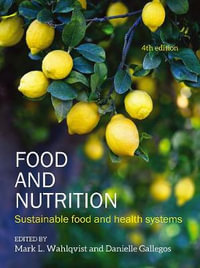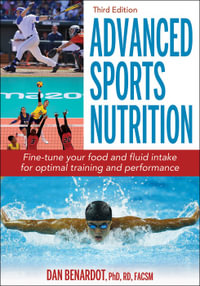From renowned cardiac surgeon Steven R. Gundry, MD, a revolutionary look at the hidden compounds in "healthy" foods like fruit, vegetables, and whole grains that are causing us to gain weight and develop chronic disease.
In the deadly game of predator versus prey, an adult gazelle can outrun a hungry lioness, a sparrow can take flight when stalked by a cat, and a skunk can let loose a spray of noxious liquid to temporarily blind a fox. The stakes aren't always rigged against the prey. But when the prey is a plant, the poor thing is helpless, right? Wrong. Plants actually have an impressive array of defense tactics to protect themselves from predators of all shapes and sizes-including humans.
Dr. Stephen Gundry explains that these defense strategies make the seemingly virtuous plants that we consume every day-fruits, vegetables, grains, nuts, and seeds-far less "good for us" than we assume. Plants may use physical deterrents (think: the spine-tipped leaves of an artichoke or the hard outer coating of a seed) as well as chemical warfare to repel predators. One of the most common forms of plants' chemical defense system comes in the form of proteins called lectins.
Found in the seeds, grains, skins, rinds, and leaves of most plants, lectins act as smart bombs in the human body, causing toxic or inflammatory reactions that lead to serious conditions such as leaky gut, autoimmune disease, chronic digestive disorders, heart disease, and weight gain.
In The Plant Paradox, Dr. Gundry outlines the health hazards posed by lectins as well as the ways we can avoid them. The main sources of lectins in the American diet include conventionally-raised dairy products, beans, and other legumes, wheat and grains, and specific vegetables and fruits. The simple (and daunting) fact is, lectins are everywhere. But in The Plant Paradox, Dr. Gundry provides simple hacks we easily can employ to avoid this insidious plant toxin, including:
- Vegetables like tomatoes and peppers are full of lectins-but most are contained in the skin and seeds. Simply peeling and de-seeding your favorite veggies makes them safer to consume.
- Plants want us to eat them when they're ripe to disperse their seeds! Eating fruit at the peak of ripeness-that means fresh, local, and seasonal-ensure that you will consume fewer lectins.
- Think "whole grains" are healthy? Think again. All of those grains and seeds with hard outer coatings are designed by nature to cause digestive distress-and are full of lectins. In fact, wheat contains one very famous lectin: gluten.
With a full list of lectin-containing foods and simple substitutes for each; a step-by-step detox and eating plan; and easy lectin-free recipes, The Plant Paradox illuminates the hidden dangers lurking in your salad bowl-and shows you how to eat whole foods in a whole new way.
About the Author
Steven R. Gundry, MD, FACS, FACC, is the director of the International Heart and Lung Institute in Palm Springs, California, and the founder/director of The Center for Restorative Medicine in Palm Springs and Santa Barbara.
Christopher Solimene approaches voice art with a lifetime of experience and passion as a director, producer, performer, and educator. Studying story during a recently earned master's degree from Yale University, Chris appreciates the enriching qualities that story brings to enlightening each individual.
Industry Reviews
"The Plant Paradox offers a true paradigm shift in the way we think about food. Whether you're paleo, gluten-free, low-carb or plant-based, Dr. Gundry's profound insights and practical advice will help reverse both autoimmune and neurodegenerative disease." -- Terry Wahls, MD, author of The Wahls Protocol: A Radical New Way to Treat All Chronic Autoimmune Conditions Using Paleo Principles "Once in a generation a doctor and a book comes along that completely changes the way we think about food and our health. Dr. Gundry is that physician and The Plant Paradox is that book. Following his advice, like I do personally, is life changing." -- Tony Robbins, author of the New York Times bestseller Unshakable "It is rare that a book on health and nutrition introduces truly novel concepts, and rarer still that it backs them up with solid scientific data and clinical proof of validity-but The Plant Paradox does just that. We all owe Dr. Gundry a debt of gratitude for his insight and dedication to a new level of superb health." -- Dale Bredesen, MD, Professor of Neurology, UCLA School of Medicine; Founding President, Buck Institute; and author of The End of Alzheimer's "A fresh, learned perspective on eating healthy, The Plant Paradox is profound, clear, and convincing. Much more than just another dietary fad, Dr. Gundry's scientifically proven approach to restoring a healthy microbiome will reorient your approach to food." -- Kirkus Reviews "If you have 'tried everything' or you or a family member are still troubled by stubborn pounds, autoimmune disease, or even heart disease, you owe to yourself to read this book. The Plant Paradox is going to dramatically improve lives, it's that simple." -- Jonathan Carp, MD

